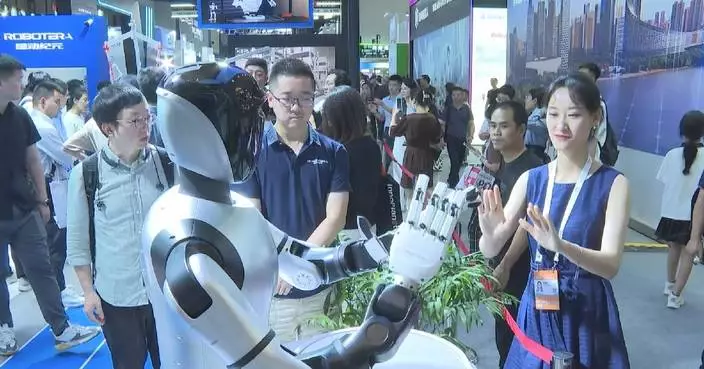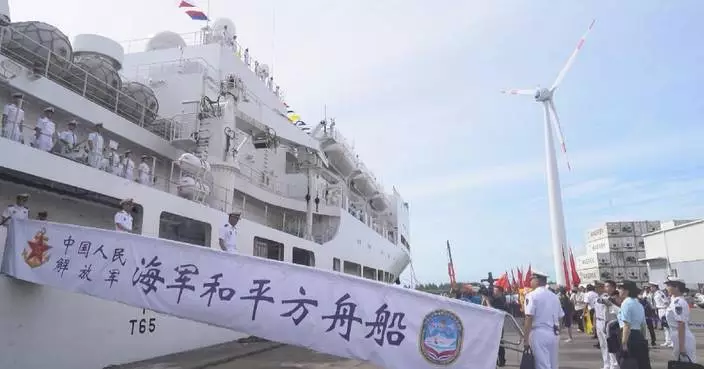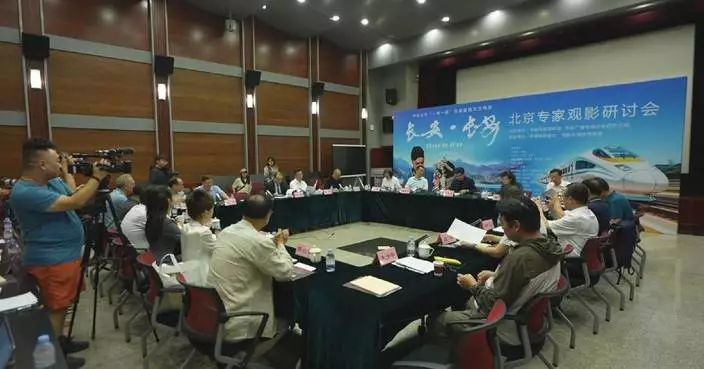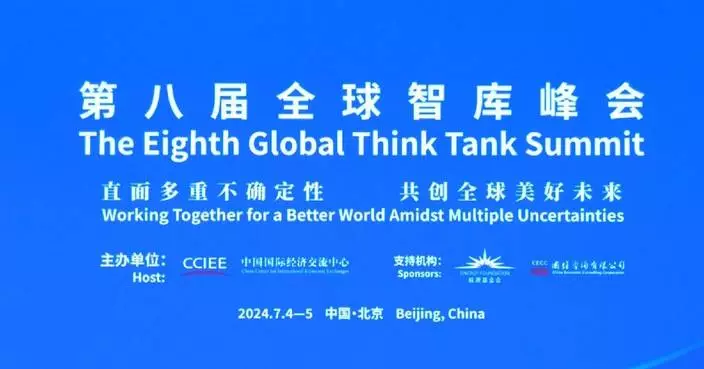The Shanghai Cooperation Organization (SCO) (Lianyungang) International Logistics Park in east China's Jiangsu Province has seen a major increase in business volume in the first half of this year, suggesting a growing trend in trade between China and other SCO members.
From January to June this year, the logistics park handled 345,100 TEUs, a year-on-year increase of over 28 percent, according to data. The park saw a total cargo throughput of more than 34 million tonnes, up 5.8 percent year on year, while the main business income reached more than 2.9 billion yuan (over 400 million U.S. dollars), up by 35.6 percent compared to the same period last year.
Since its establishment in 2015, the SCO (Lianyungang) International Logistics Park has completed a total cargo throughput of 289 million tonnes and generated a main income in logistics in excess of 19 billion yuan.
It has established a comprehensive transportation system that includes roads, railways, rivers and seas and various multimodal transport modes to achieve rapid distribution of goods and facilitate China's trade with other SCO member states.
Founded in Shanghai back in 2001, the SCO is a trans-regional organization with nine full members, three observer countries, and 14 dialogue partners, covering over 60 percent of the Eurasian landmass and nearly half of the world's population.
The 24th Meeting of the Council of Heads of State of the Shanghai Cooperation Organization (SCO) is set to take place in Kazakhstan's Astana on Thursday.
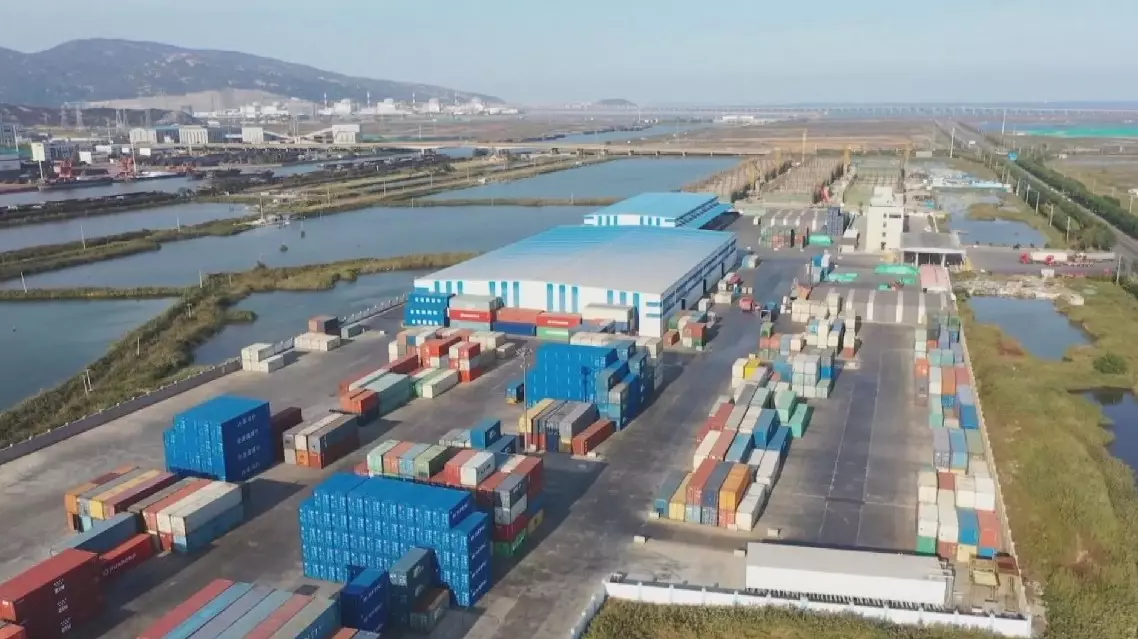
SCO (Lianyungang) Logistics Park sees major growth in business in H1
Imposing provisional tariffs on imports of Chinese EVs will do no good to the development of European economy, according to a German expert.
The European Commission announced on Thursday its decision to impose provisional countervailing duties, ranging from 17.4 percent to 37.6 percent, on imports of battery electric vehicles from China starting Friday.
This has triggered wide opposition from many officials, industrial associations as well as auto enterprises.
In an interview with China Central Television (CCTV), Horst Lochel, professor of Frankfurt School of Finance and Management, believed that such tariff imposition is not good for Europe's economic development.
"We struggle here with the economic development. We are also struggling still with inflation. So if the prices are rising, we have even again higher inflation. So I don't think this is really a good development for the European economy overall. If China reacts also with higher tariffs on European products, then, of course, the prices for the Chinese people will also rise. That means the demand is declining. That means we have less production and less exports to China, which is also then challenging the profit of the companies," Lochel said.
He then pointed out that experts from German political, business and educational circles reckon that enhancing competitiveness is the right way for mutual benefit.
"Because we're already heavily invested in China, made a lot of joint venture with Chinese companies, and if we perhaps see also some investment of Chinese EV car companies here in Europe and Germany would be also fine. So the best way is to increase competitiveness. This is the sense of the market economy. If you are under pressure, you have to increase your competitiveness to get on the same level playing fields as your competitor. I think this is the most important thing to have a mutual beneficial trade," Lochel noted.
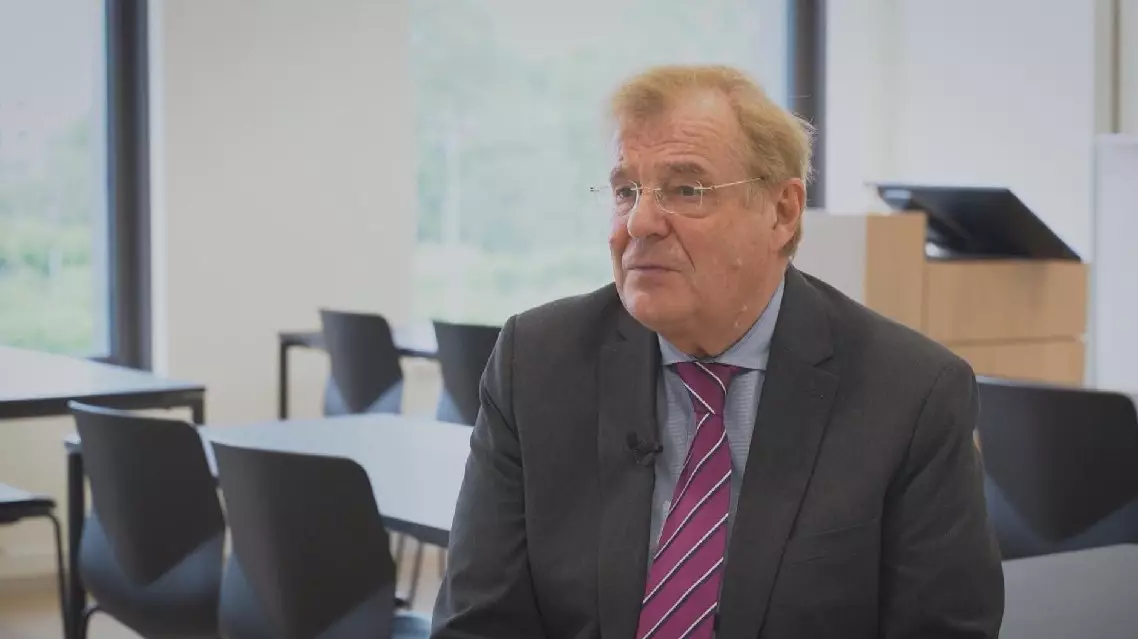
Imposing tariffs on Chinese EVs does no good to European economy: German expert




